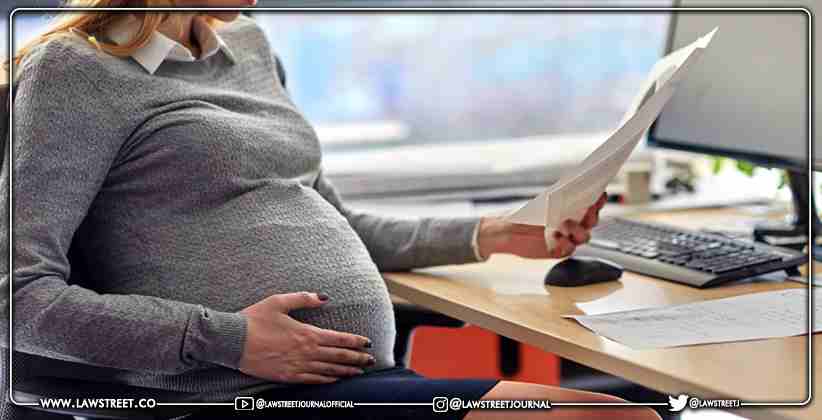KOCHI: The owner of a property cant be held liable for third party damages owing to the tenants conduct on the property, the Kerala High Court clarified while setting aside a Trial Courts decree awarding damages to the former.
The owner of the premises could not be made liable for any damage that occurred to a third party consequent on the conduct of the business by the occupier of the premises-the second defendant. However, the position would have been different if the entrustment was for the conduct of a business which is not permitted under law, Justice Satish Ninan observed.
In this case, the first defendant, who is the owner of the property (Appellant) had let out his shop room to the second defendant (tenant) for storing explosive substances. In 1997, an explosion took place in the store room. Resultantly, the plaintiff, whose building was opposite to the owners, suffered damages. The plaintiff filed a suit for damages seeking Rs. 3 lakhs. The owner was made liable by the Trial Court. Aggrieved, the owner approached the High Court seeking to set aside the order.
The original Plaintiff argued that, when the owner had granted lease of his premises for conducting an inherently dangerous activity, he also takes the liability to indemnify the third parties against any damages that may result from the activity in the leased premises. The liability is an absolute liability subject to no exceptions. The owner, having let the premises for such dangerous activity is equally responsible and liable, is the argument.
The Senior Counsel for the appellant argued that the owner of the premises cannot be made liable merely for the reason that he had let out the premises for the conduct of an inherently dangerous activity. Ext.B3 is the deed under which the first defendant leased out the room to the second defendant. As per the deed, it is specifically recited that the second defendant is permitted to conduct the business in explosives by strictly adhering to the Explosives Laws.
After considering the arguments, the High Court said that only looking at the liability of the first defendant. Decree is sought against the first defendant in two capacities; firstly, on the allegation that he is a partner in the business that was being conducted by the second defendant, and secondly, that he being the owner of the premises in which the explosion occurred, is liable for the damages.
On first defendant was doing business in partnership along with the second defendant, there is absolutely no evidence, the High Court stated.
With regard to the second aspect, the court noted that it was the tenant, who was owner of the business and the articles. It was the 2nd defendant-tenant, who had control over the premises demised to him. It was he who was dealing with the explosive articles. And so, at best it could be contended that the owner was bound to see that the tenant conducts the business in adherence with the terms of the deed.
As was noticed supra, Ext.B3 deed specifically required the second defendant to do the business in strict adherence to the relevant laws. At best it could be contended that the first defendant-owner of the premises was bound to see that the second defendant conducts the business in adherence with the terms of Ext.B3. There is no case that the second defendant was doing the business without securing/possessing the necessary licenses and permissions.
With these observations, the court allowed the appeal.








![Kerala HC Quashes 498A Dowry Harassment Case Against Live-In Partner, Citing Lack of Relative Status [Read Order]](/secure/uploads/2023/08/lj_5693_1057c042-1e57-4e27-8c9e-25af0ec38ec4.jpg)
![Watching porn on mobile: Kerala HC highlights importance of mother cooked meals, outdoor sports [Read Order]](/secure/uploads/2023/09/lj_9155_Parental_supervision_of_mobile_phone_usage.jpg)
![Lakshadweep MP Mohammed Faizal Disqualified from Lok Sabha After Conviction Suspension Plea Rejected by Kerala High Court [Read Notice]](/secure/uploads/2023/10/lj_9640_87b5fd97-0e05-4ff8-9a99-3be1e4446192.jpg)






